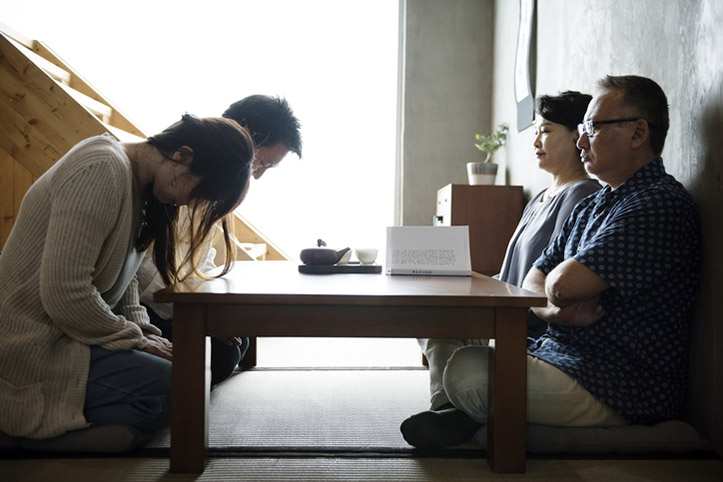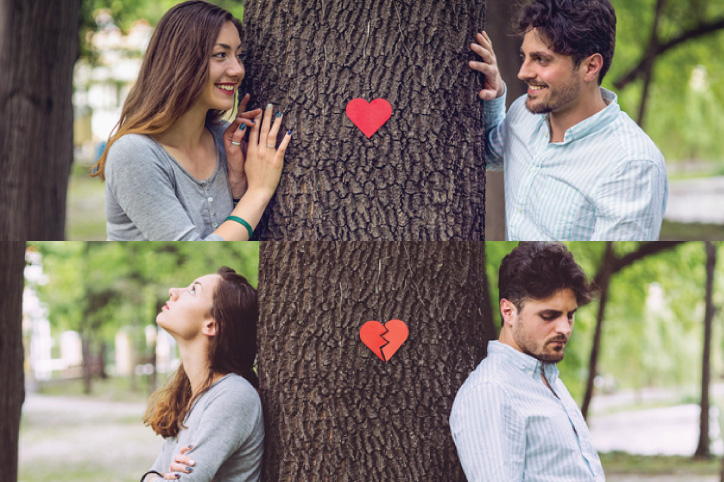Relationships can be the best thing ever. I’d be lying if I said that I didn’t want to have that person to unwind with at the end of the day. I think most of us want that. But it can be so easy to get lost in a relationship. Ever lose your self-identity in a relationship where you aren’t sure where you start, and your partner ends? Of course, but it’s not as simple as finding yourself in the relationship, not when it comes to overcoming codependency. Being codependent is a learned behavior and usually stems from past emotional difficulties.
Causes of Codependency
Parental relationship
Those with codependency issues might have had problems with their parents. For example, did your parents ever make you feel like your needs were less important than theirs? Or maybe they taught you to focus on their needs and to never think of your own. Whatever sort of emotional damage it may have been, it wired you to ignore your own needs and to place a priority on other people and what you can do for them.
Being a caregiver
Being the caregiver for a sick family member is something most of us wish we never have to go through, but it happens. When you become the caretaker of a family member, your self-worth may start to form around being needed by others while getting nothing in return. Being a caregiver does not mean that you will develop codependency issues, but it can happen.
Abuse
Abuse in all forms can cause psychological problems that can last a lifetime. Someone who experiences abuse in their childhood will learn to repress their feelings as a defense mechanism. As a result, this defense mechanism can manifest in only caring for others’ feelings while not meeting your own needs or even acknowledging them.
What is Codependency?
People like to throw around the word codependent, but what does it mean? There is a difference between someone clingy and codependent, but the difference can be hard to spot sometimes. Most people who are codependent will usually:
- Have a sense of guilt when thinking about their own needs.
- Feel no sense of satisfaction or happiness unless they are doing something for someone else.
- Feel anxiety about their relationship because they are always trying to make the other person happy.
- Will do anything for their partner’s pleasure, even at the expense of themselves.
- Stay in a relationship with someone who hurts them.
Even if you can recognize your codependency issues, you may still feel conflicted about separating from your partner because your identity is centered around making the other person happy at your own expense.
To sum it up
Codependency is more than just your run-of-the-mill clinginess. Codependency at its core is sacrificing your own needs to satisfy your partner’s needs to the absolute extreme. Every relationship will have sacrifice and compromise, but when you start to feel guilty for taking care of yourself and your happiness, it can start to become unhealthy. The healthy form of a relationship is when both people make the relationship a priority but find happiness in interests outside of the relationship. A codependent person may feel worthless outside of their relationship, almost like they have lost their purpose. In contrast, a healthy relationship is when both people support each other and find value in their relationship.
The hard part is combating codependency, especially if you are already in a relationship. First, you need to examine your relationship and look for specific patterns in each of your behaviors. The codependent needs to learn to express their feelings and needs, and the enabler needs to understand they can’t expect their partner to center their life around them. For a lot of codependent relationships, fighting those patterns may lead to splitting apart, which can suck, but at the end of the day, you need to do what’s best for yourself. If you can’t put in the time to better yourself, then you will never find true happiness.
When you’re in a bad relationship, either platonic or romantic, it can be hard to tell sometimes., learn how to spot the red flags.





[…] codependent relationships. If you’re unsure why that’s bad, check out our blog explaining codependency and why you should avoid […]